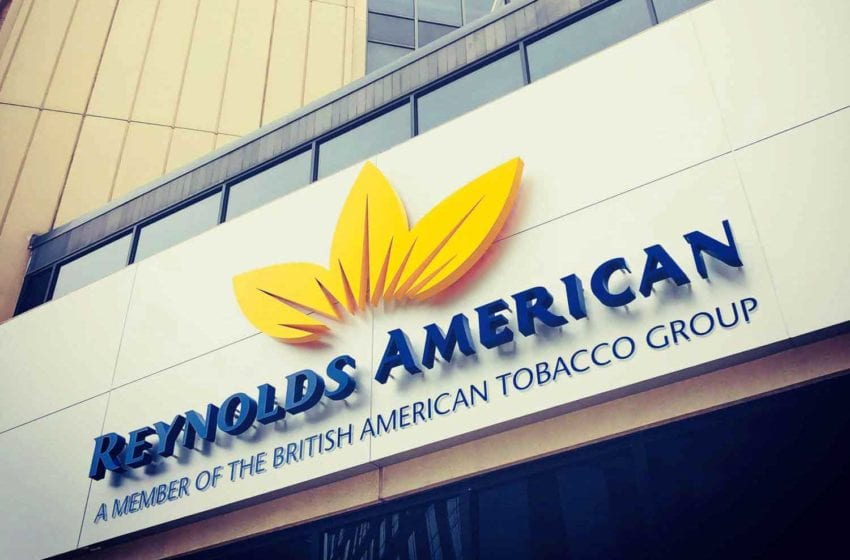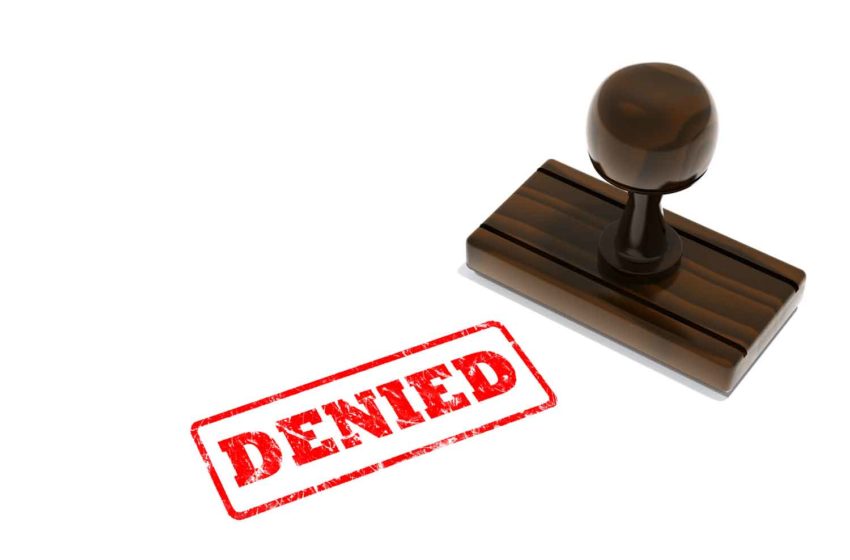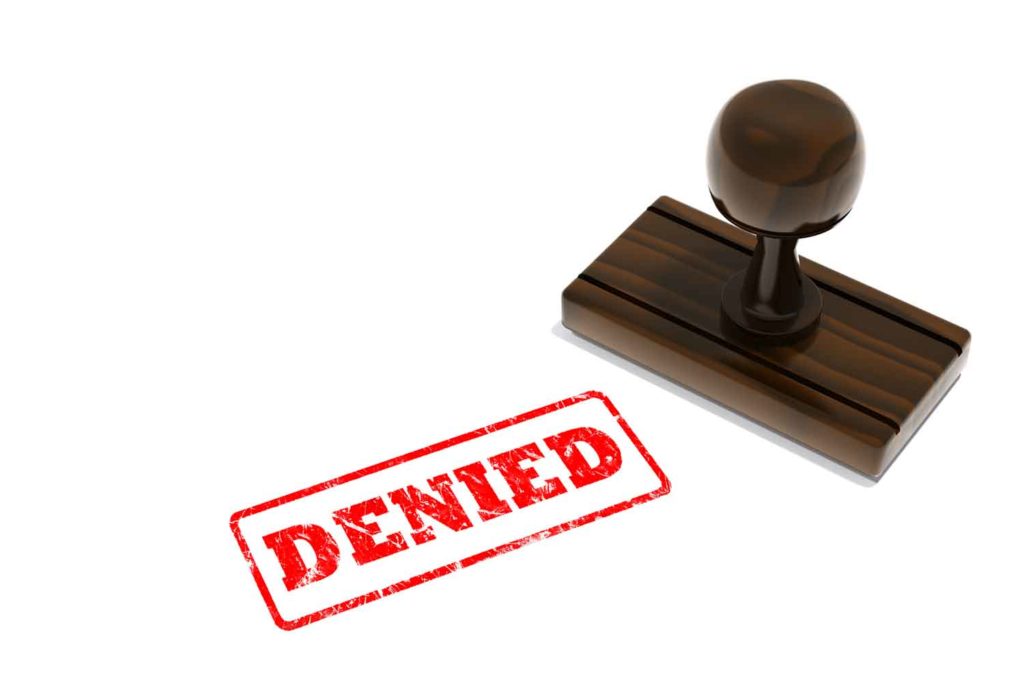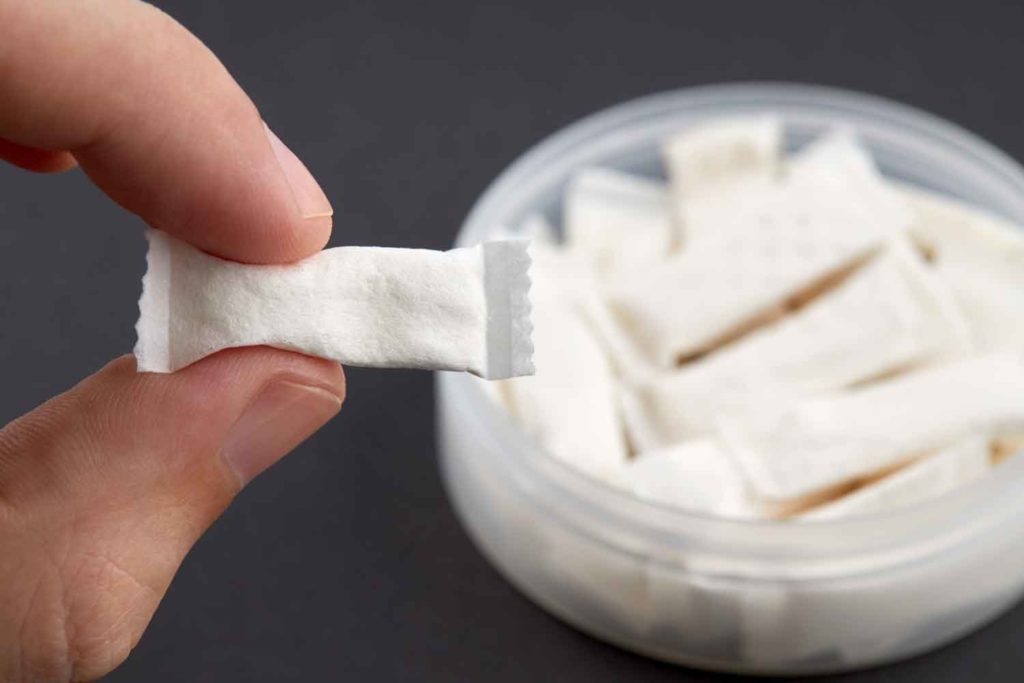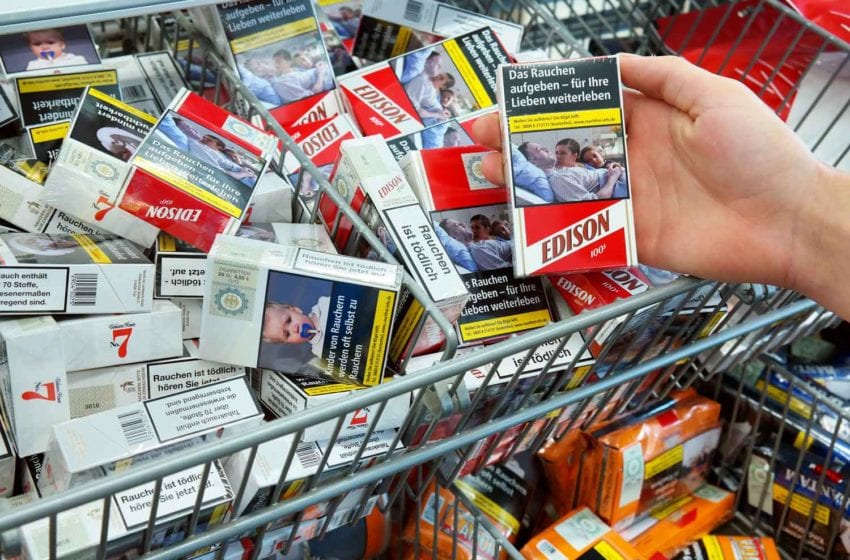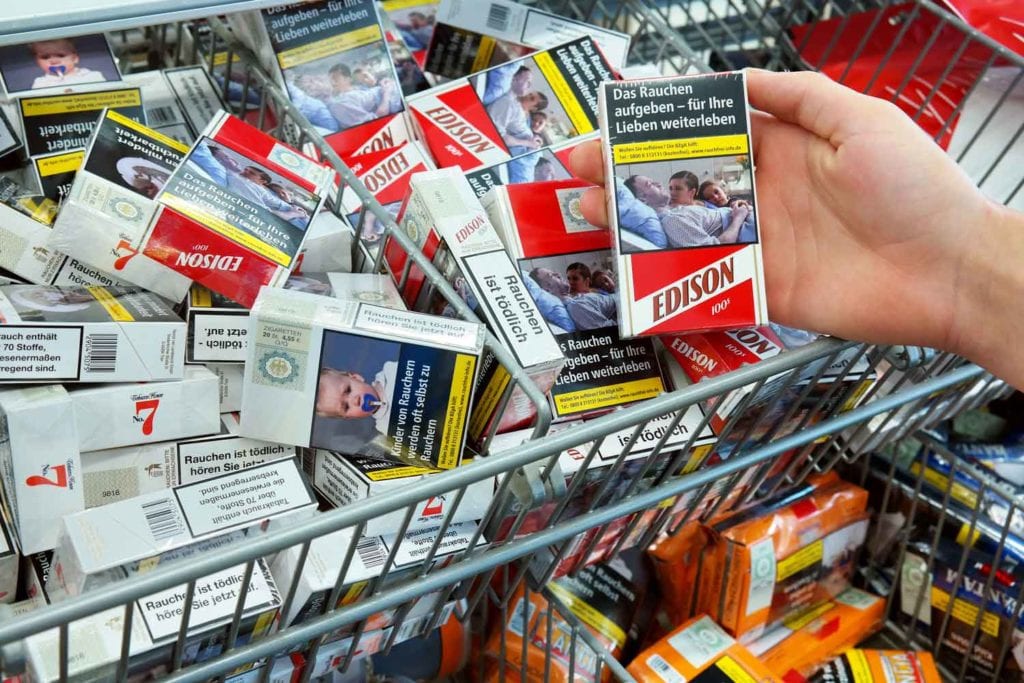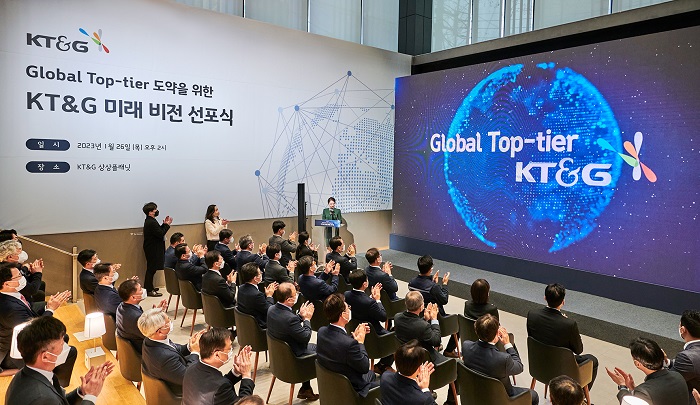
KT&G Corp. aims to earn over half of its sales from overseas businesses in 2027, the company told participants in an investor event.
The South Korean cigarette manufacturer targets sales of KRW10 trillion ($8.1 billion) by that year compared with an estimated annual sales of KRW5.9 trillion for 2022. Last year, KT&G likely earned about one-third of its sales from overseas operations.
In addition to focusing on its combustible cigarette business, the company will reinforce its next-generation product (NGP) businesses, which include heat-not-burn (HnB) products and health functional food products, KT&G Senior Executive Vice President Bang Kyung-man was quoted a saying by the Yonhap News Agency.
“We will invest KRW4 trillion to build new overseas production facilities and expand existing ones in the next five years to meet growing demand for NGPs, like HnB products,” he said.
The company is also considering building a new factory, either in Kazakhstan or eastern Europe, Bang said. To raise the necessary capital, the company plans to sell unused property and borrow money from banks, he said.
KT&G has exported its HnB products to more than 30 countries since 2020 when it signed an agreement with Philip Morris International for the commercialization of KT&G’s smoke-free products outside of South Korea.
KT&G currently earns 90 percent of its revenues from cigarette sales and 10 percent from HnB products. The company has four tobacco manufacturing plants—one each in South Korea, Russia, Turkey and Indonesia—with a combined capacity of 13.6 billion cigarettes a year.







